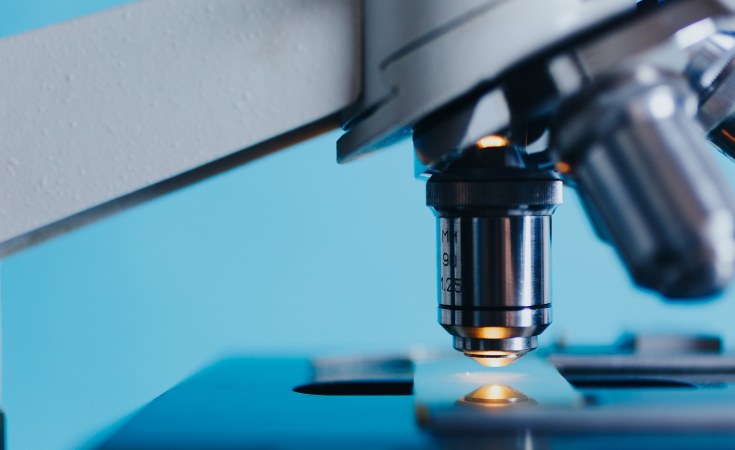THE World Health Organisation (WHO) has declared that antimicrobial resistance (AMR) is one of the top 10 global public health threats facing humanity and in essence, misuse and overuse of antimicrobials are the main drivers in the development of drug-resistant pathogens. Right.
This problem is not confined in Tanzania, but global, especially as a result of ignorance in the public, where some lack information on what drugs are and consequences of misuse, while others just ignore pieces of advice from doctors on how to use the prescriptions.
The list may be long describing why such misuse is frequent in the public, including education that antimicrobial resistance occurs when bacteria, viruses, fungi, and parasites change over time and no longer respond to medicines, hence making infections harder to treat. This increases the risk of disease spread, severe illness, and even death.
In such a loophole, it is possible that even the counterfeit medicines finally find their markets in a society that is not constantly guided and educated on how to differentiate them.
Here, the public should be enlightened that "counterfeit medicine" refers to drugs that are deliberately and fraudulently falsified or mislabelled and have failed to pass the quality measurements and standards, which are approved by medicine regulatory authorities. They aren't to be confused with generic medicines - those are cheaper, but still scientifically proven to be safe and efficacious versions of patented medicines.
On this note, it is worthy strengthening the government's surveillance of counterfeit medicine. For instance, Pharmacists should be encouraged and constantly trained and mobilized to create awareness of such medicines and their possible infiltration into the medicine supply chain. This will make them better prepared to detect fake medicines and share information with their patients.
However, educating the end users of medicines - the patients - is the most important pillar of safe medicine use. Consumers must know how to visually inspect medicines for expiry dates and other identification markers. Being able to tell the difference between a good quality medicine and a fake one can make the difference between life and death.
Equally, this requires stern measures to be taken against Pharmacists, who are driven by lust of money and just sell drugs to the public without first advising and educating them on the basic things about drugs they buy.
It is time once again for the Ministry of Health to thoroughly educate the public on the consequences of prescribing drugs on their own and rushing to buy them in Chemists, where trade is the order of the day.
Particularly, the most common fakes tend to be the most popular medicines: painkillers, antibiotics to treat infection, anti-malarials, anti-retrovirals and weight loss medications.


